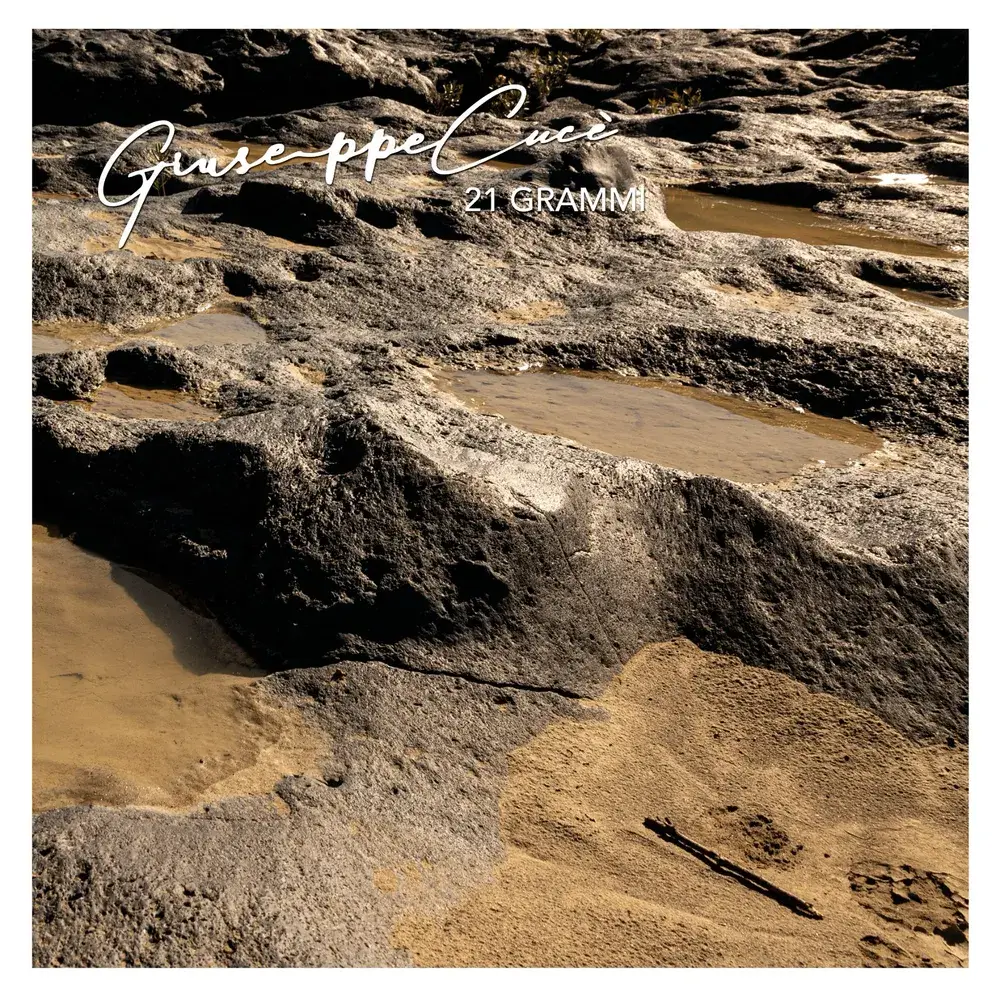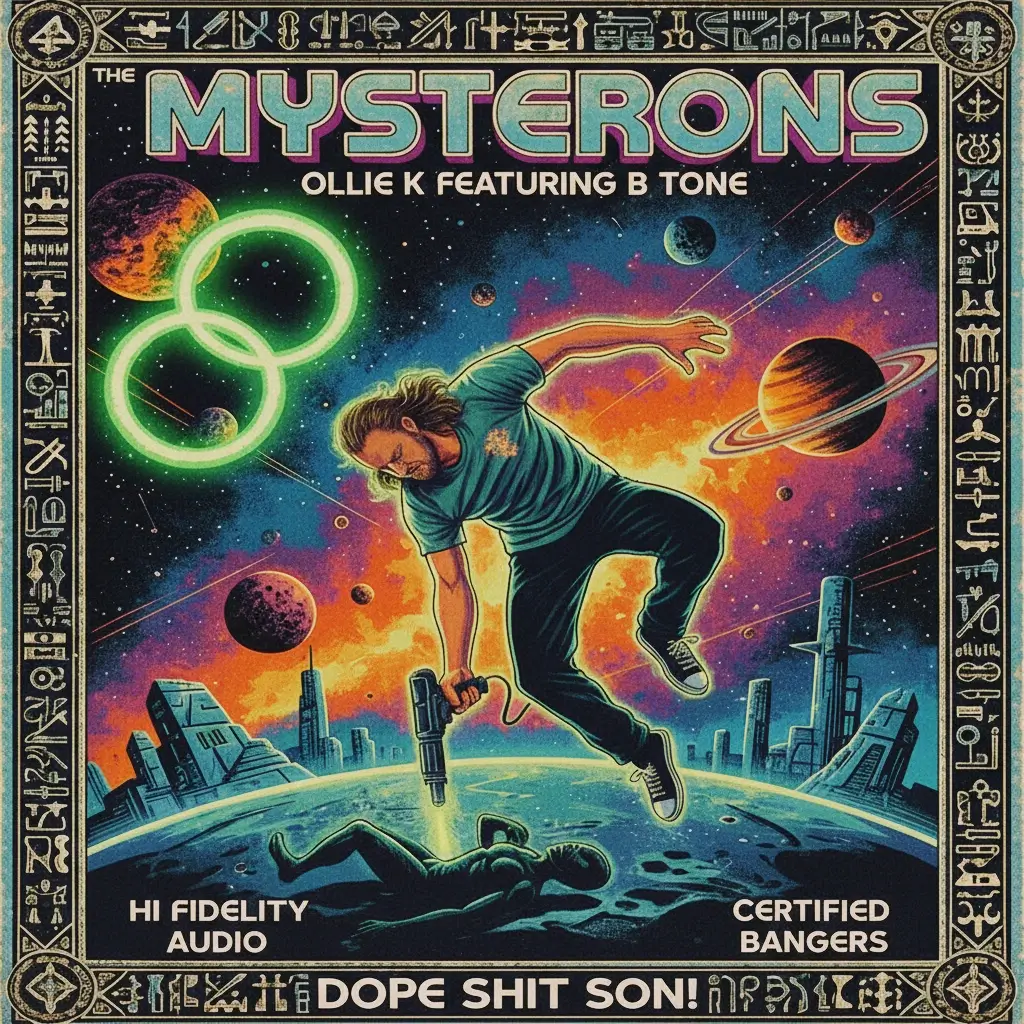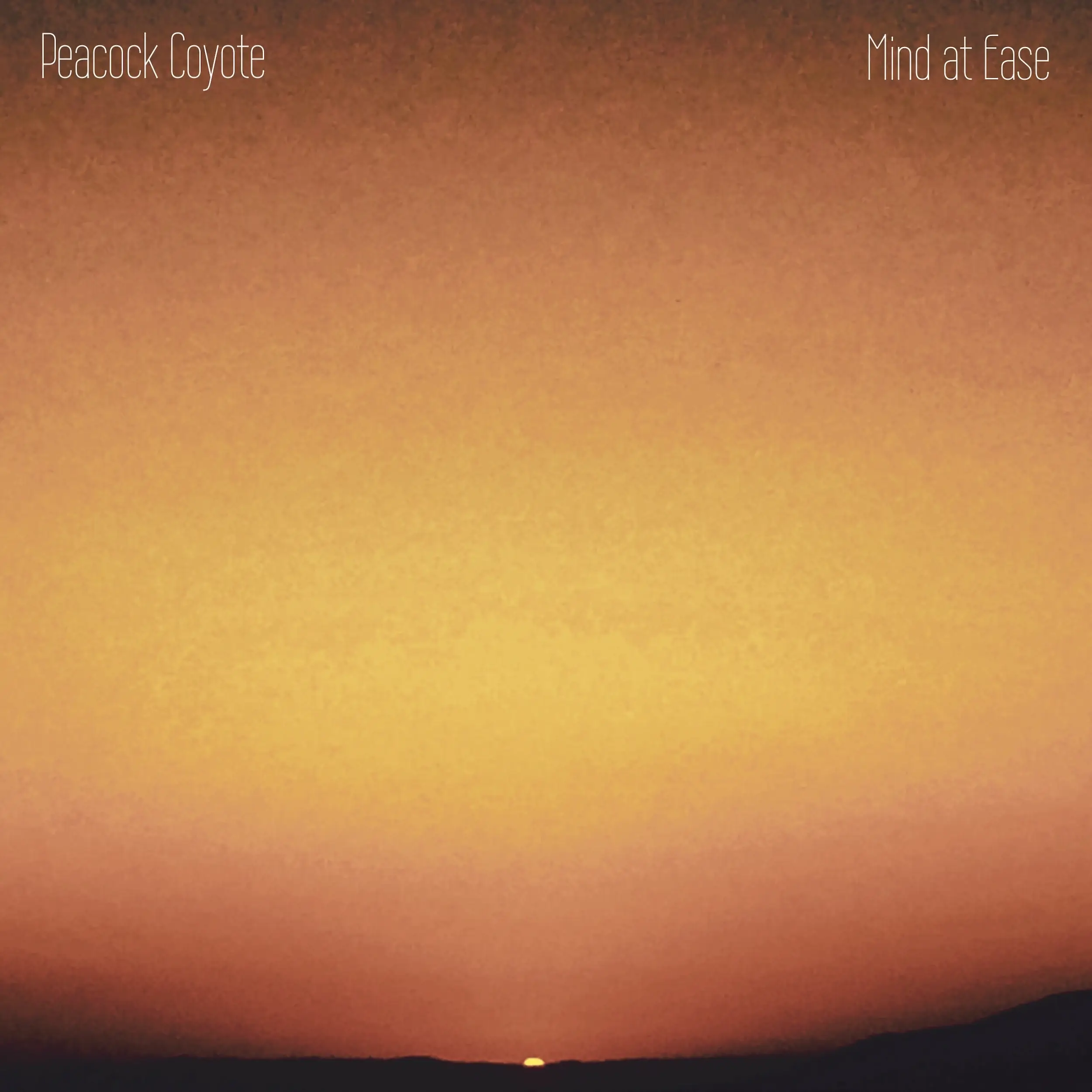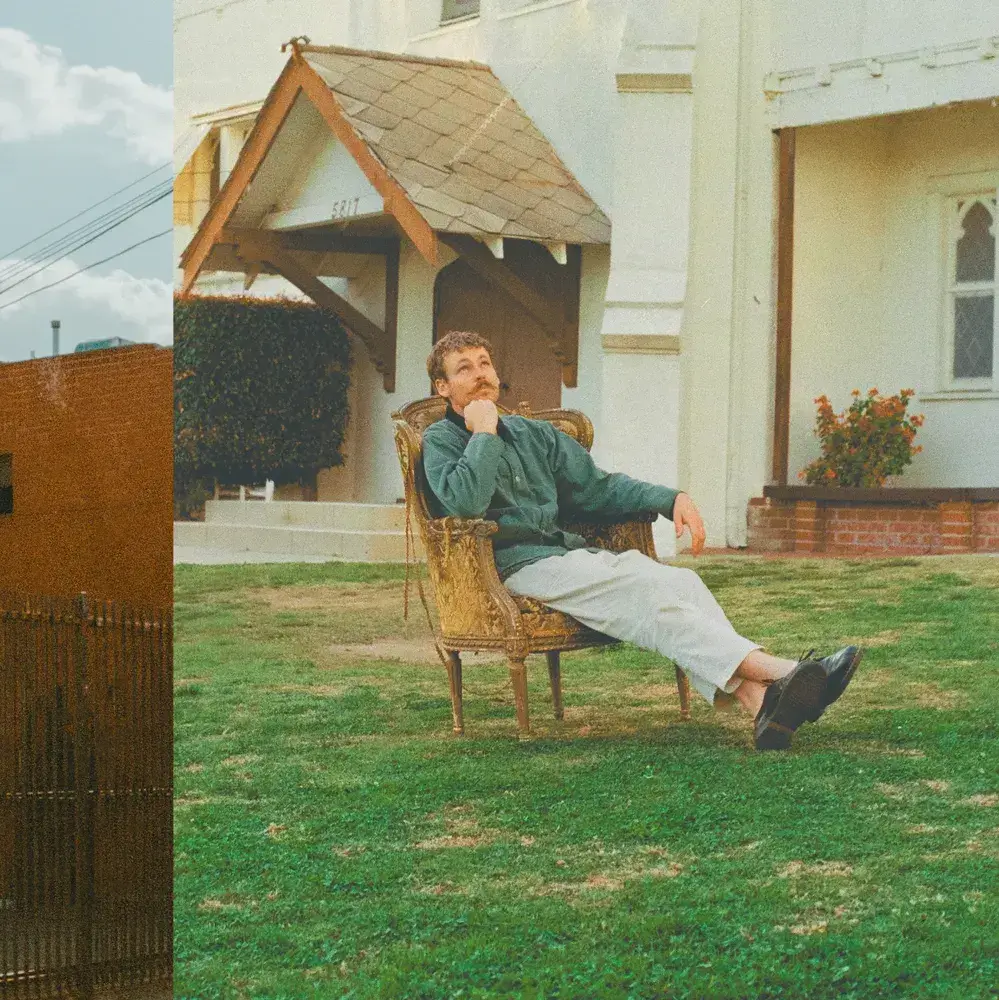It’s a bit of a downplay to call Giuseppe Cucé’s “21 grammi” an album. You know when an artist is serious about their work, and there are not enough words to unearth its depth and meaning? That’s exactly it. It’s the kind that doesn’t just stick but leaves you smirking, intrigued, changed, or even challenged.
Sicilian singer-songwriter Giuseppe Cucè is back with another hit curation, 21 grammi. Recorded and mixed at TRP Studios in Catania, the album offers soul, Italian cantautorato, orchestral textures and atmospheric arrangements. With the artistic production of Riccardo Samperi and a team of exceptional musicians, Cucè leaves you with a record that feels like an accessible tapestry of contrasts and unfiltered truth of being human.

È tutto così vero opens the album with a sprightly harmony from the flute and trumpet, the sound that will immediately light up the room and bring movement to everyone. The light percussion hits and brassy accents color the track like a dance hall with people skin to skin, as an understated sensual depth clings into air. It’s a Latin-pop fused track made for crowded rooms and dance nights.
Whatever the opening track established is quickly torn down as Ventuno slips in. And right from the first note, you’ll understand why this is described as the emotional core of the record. You’re not dancing in the hall anymore, you’re finding meaning in the chaos, you’re pondering about love, flesh, beliefs, and the pulse of rebirth. What you’ll love from this track is its depth, its weight, its expansive and reflective edge that hits you from the get-go.
Dimmi cosa vuoi exists in the same atmosphere as the lead single. Cucé’s voice is one with the soft keys and its layers. While others try to stand out with volume, this one thrives in restraint, the kind of track that hits deeper the more it opens up and shares more than the surface.
Tutto quello che vuoi rings in a lighter tone yet brings honesty and truth that is deeper than what you’ll expect from its bright layers. This track thrives in contrasts and imagery, a punchline and unfiltered reflection made accessible.
The album ends with Di estate non si muore on a groovy, lively arrangement yet carries a name in one summer one does not die. It’s introspective and surreal, a closing act that doesn’t just conclude the album but leaving you wanting more.
All nine tracks in this album hold specific depth and meaning to the point where it can stand on its own. But having it in one record is something else entirely. Cucé curated it in a way that will leave you with a whole new experience, the kind you won’t get from some formulaic, overly saturated sounds on your FYP.
Cucé’s lyricism is unmatched in this album because he will never leave you empty-handed. Whether you’re moving your body, you’re unsettled, or contemplative, he makes sure you carry something from it — a memory you recalled, an emotion you want to feel, or even a borrowed experience from him.
Aside from his artistic identity, it’s also notable that the touch of other seasoned, talented artists gave dimension and nuance to the whole album, harmonizing with Cucé’s vision and overall intention.
21 grammi isn’t just a concept, it’s the gravity of human experience that cannot be measured through numbers alone. There’s loss, love, memory, identity and the entirety of fleeting, small fragments of life that often leaves the deepest marks. Whether you’re pondering about the weight of this life, or simply lost in a pool of today’s music, Giuseppe Cucé’s “21 grammi” will definitely be an unforgettable odyssey.
Follow Giuseppe Cucé
About the Author

Writing works ranging from news, features, press releases, and scripts for technical and creative content.










